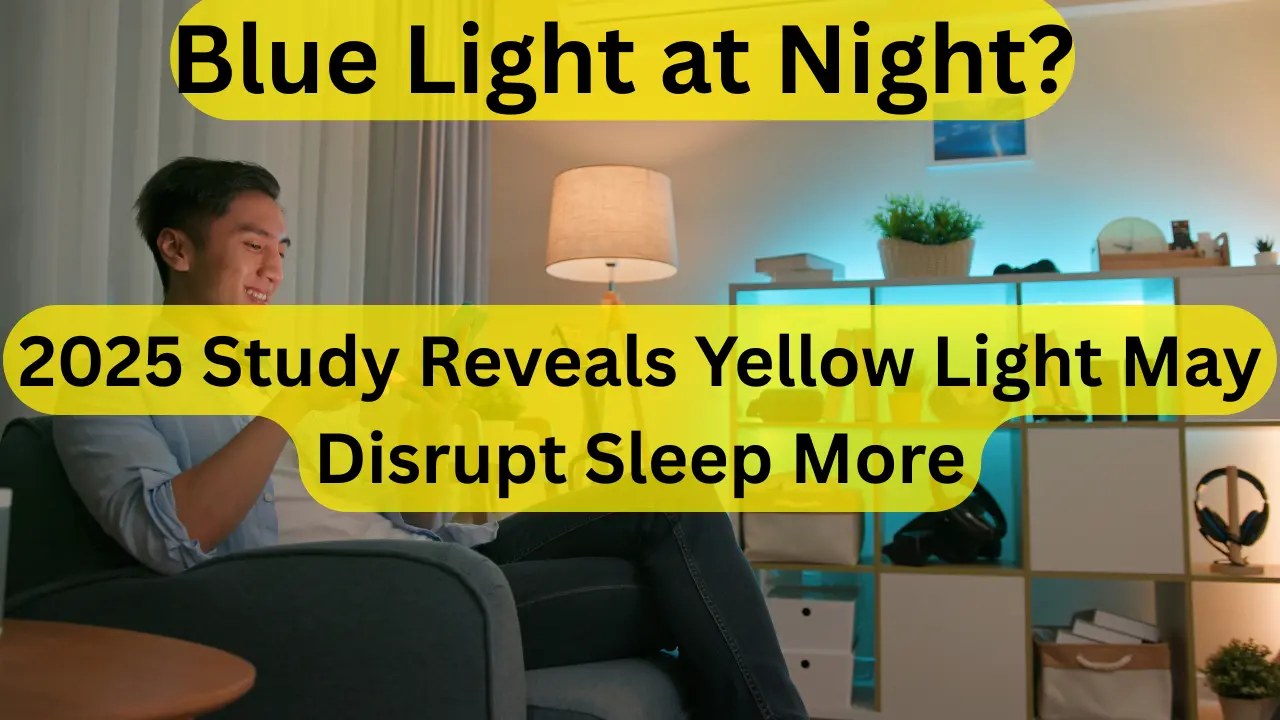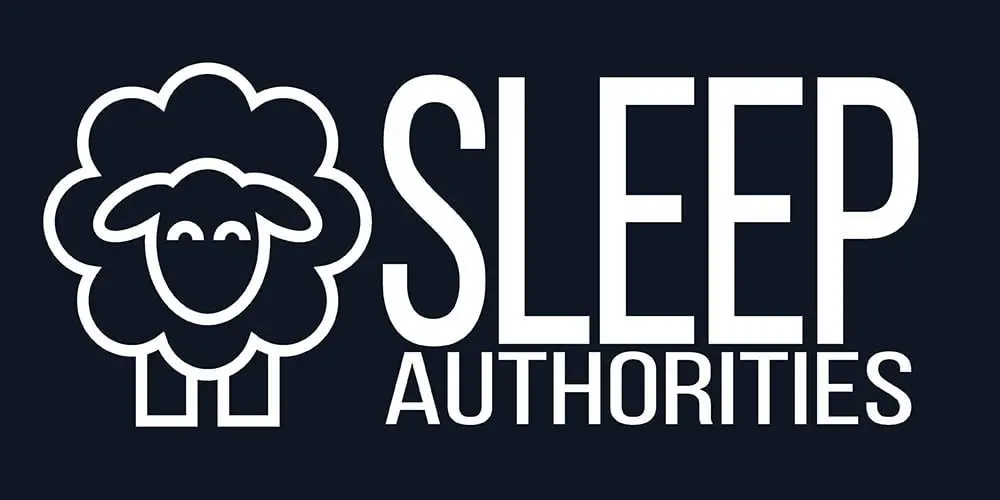For years, we’ve been told to avoid blue light before bed. Smartphones, tablets, and laptops—all emit blue light that supposedly interferes with our body’s ability to fall asleep. That’s why features like Night Shift or blue light filters became popular. But a new study suggests blue light may not be the real villain.
Instead, it might be the warmer light tones—like yellow and orange—that disrupt our sleep more. This fresh insight could change the way we think about evening screen use and night lighting.
Bring Back Blue Light, Suggests New Study
The Study
Researchers at the University of Manchester conducted an experiment using mice to test how different light colors affected circadian rhythms. The researchers used lights of the same brightness but varied the color spectrum.
The Results
Contrary to common belief, the mice exposed to yellow light experienced more disruption in their internal clocks than those exposed to blue light of equal brightness. This suggests that color—not just brightness—can significantly impact sleep patterns.

How does that work?
Mice are nocturnal creatures. The researchers believe mice may interpret cooler-toned light (like blue) as twilight, a time to settle down. Warmer tones, on the other hand, might be interpreted as daylight—stimulating alertness rather than rest.
This flips the traditional thinking about blue light and highlights how biological context may shape how different species (including humans) respond to color and brightness.
How does this apply to night owls who love their smartphones?
The takeaway isn’t that blue light is harmless—it’s still wise to reduce light intensity at night. But if you must use a screen, it may be more helpful to:
- Keep the brightness low
- Avoid yellow or overly warm screen tones
- Stick to cooler (bluish) light tones late at night
This 2025 research suggests that cooler, dimmer light may actually be less disruptive for some users than previously thought. Night owls may want to rethink their screen settings—not necessarily eliminate blue light entirely.



